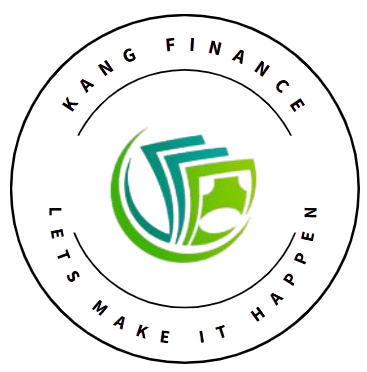Get an estimate of your savings in less than 60 seconds
Commercial loans provide businesses with the funding needed for expansion, equipment, or operational needs. These loans typically have flexible terms, with repayment schedules tailored to a company’s cash flow. They help companies manage growth without draining capital reserves.

A commercial loan is a financial product specifically designed to provide businesses with the capital needed for various purposes, such as expansion, purchasing equipment, or covering working capital. These loans are typically provided by banks, credit unions, or alternative lenders and are offered in different forms, such as term loans, lines of credit, or equipment financing.
Commercial loans usually come with flexible repayment terms, allowing businesses to pay back the loan over a period that aligns with their cash flow and financial stability. The loan amount, interest rate, and terms depend on the lender, the type of loan, and the business’s creditworthiness.
Secured commercial loans often require collateral, such as property or assets, while unsecured loans do not. Businesses with strong financial performance or a solid business plan may qualify for lower interest rates and more favorable terms.
By obtaining a commercial loan, businesses can invest in growth, purchase equipment, expand operations, or manage cash flow without tapping into their personal savings. This financing option helps businesses scale and take on new opportunities without depleting resources.
Get an estimate of your savings in less than 60 seconds
EXCELLENTTrustindex verifies that the original source of the review is Google. I would highly recommend Harjot Singh as he was always available to answer my questions & kept me informed through out the process. His knowledge of loan options helped me secure the best rate. He made the mortgage process smooth & stress free, handling paperwork quickly & professionally. Thank you Harjot Singh…Posted onTrustindex verifies that the original source of the review is Google. Good experience with this company ThanksPosted onTrustindex verifies that the original source of the review is Google. I recently had the pleasure of working with Kang Finance, and I couldn't be more impressed with the level of service and expertise provided. From start to finish, they made the entire mortgage process smooth and stress-free.Posted onTrustindex verifies that the original source of the review is Google. Good Experience
We don’t charge any upfront fees for our services. However, some lenders may impose application fees or other charges related to the loan itself. We’ll be completely transparent about any potential costs and guide you through the process to ensure there are no surprises.
The pre-approval process typically takes up to 10 business days, depending on the complexity of your financial situation and the lender’s processing time. In more complex cases, there may be some back-and-forth communication, but we’ll work diligently to gather all necessary information and expedite your pre-approval.
You’ll need to provide the following documents for your mortgage application:
– Proof of identity (e.g., passport, driver’s license)
– Proof of income (e.g., payslips, tax returns from the past year)
– Group certificate (employment details and income)
– Bank statements (savings and transaction accounts)
– Evidence of assets and liabilities (e.g., property ownership, car loans)
We can also offer a personalised checklist tailored to your specific circumstances.
Fixed Interest Rates: These rates are locked in for a set period (e.g., 1-5 years), providing you with stable, predictable monthly repayments.
Variable Interest Rates: These rates can fluctuate based on market conditions, which may result in lower or higher repayments over time. This option offers flexibility but carries the risk of increasing rates.
We’ll help you assess which interest rate type aligns best with your financial goals and risk tolerance.
Yes, borrowing capacity can vary significantly between lenders, as each one has its own criteria. Some smaller lenders may offer higher loan amounts, but it’s important to compare interest rates, fees, and customer service to ensure you get the best overall deal. We’ll help you navigate these differences and find the lender that’s the best fit for your needs.
Pre-approval gives you an estimate of how much you can borrow based on your financial information, while final approval is the lender’s official commitment to provide the loan, subject to final checks and property valuation. We’ll guide you through both stages to ensure a smooth process.
Yes, it’s possible! Some lenders specialise in helping people with less-than-perfect credit. We’ll work closely with you to explore your options and find a lender that suits your situation.
